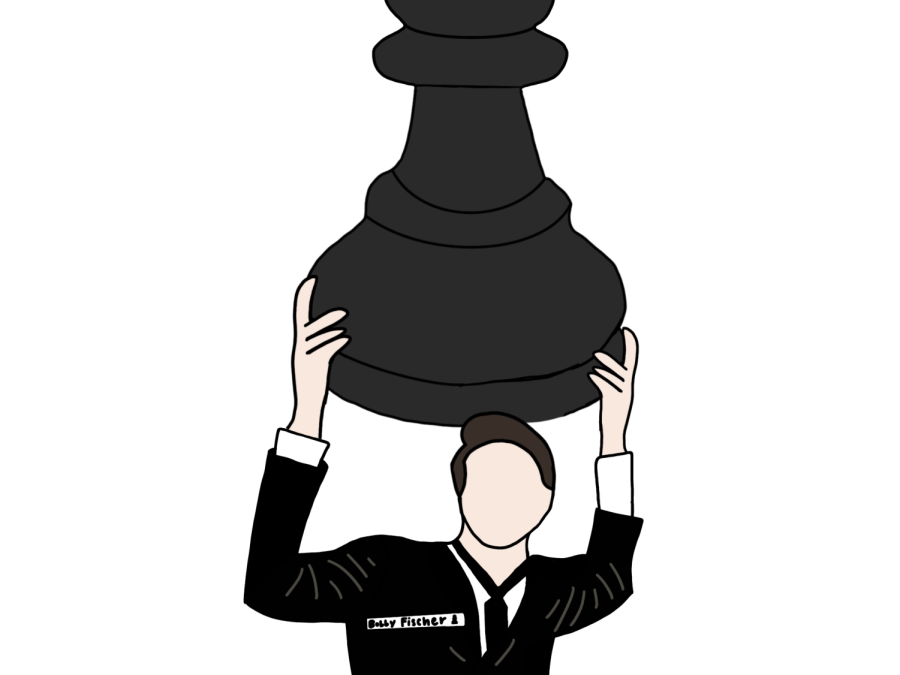Settling the Debate: Chess Should Be Considered a Legitimate Sport
Chess tournaments are competitive and demand a high level of physical strength from the player as they can last upwards of nine hours. Chess should be categorized as a sport due to its intensity and the stamina players must have.
Several of society’s debates are destined to continue forever. Among these is the controversial debate of whether or not chess should be categorized as a sport. Chess is undoubtedly a sport as it requires physical exertion and involves a high level of competition in tournaments.
The Oxford English Dictionary defines a sport as “an activity involving physical exertion and skill in which an individual or team competes against another or others for entertainment.”
By this definition, chess is a sport because players exhibit a level of physical exertion, albeit minimal, as they move pieces across the board and slam the stop-clock in professional matches.
In competition, grandmasters are subject to a persistent torrent of mental stress, which causes their heart rates to increase and forces their bodies to produce more energy, according to Marcus Raichle, a neurologist at Washington University.
Furthermore, Soviet chess grandmaster Anatoly Karpov reported losing over 22 pounds during the five-month period of the 1984 World Chess Championship in Moscow due to severe mental strain caused by the competitive tournament atmosphere. In fact, the championship was called off due to his dire physical condition, according to the Los Angeles Times.
In addition, since chess is a game, it adds a level of competitiveness to tournaments. The intense nature of tournaments pressures chess players to perform at their best, similar to the stress put on athletes to play well in games.
As a matter of fact, chess has been legally recognized as a sport by the Association of the IOC Recognized International Sports Federations since 1999, according to Reuters. Moreover, chess became an official candidate to participate in the Paris 2024 Olympic Games, according to Premier Chess.
Yet, some still argue that chess should not be considered a legitimate sport because it does not rely on any substantial physical skill but rather on intellect and mental strategy.
Although chess does not require traditional athletic skills such as running, jumping or throwing a ball, chess players still need physical stamina to compete well in tournaments.
Some elite chess players respond to the game like any professional athlete, burning upwards of 6,000 calories a day during tournaments and sustaining elevated blood pressure found in competitive marathon runners, according to a study of the effects of stress on the human body. Tripled breathing rates and muscle contractions contribute to the high caloric burn while trying to outsmart an opponent.
For a sport that uses both hemispheres of the brain and requires intense focus, a certain level of physical fitness is important to succeed.
The discussion regarding whether or not chess is a sport will likely never cease, but in the end, chess is legally recognized as a sport and the competitive, physically demanding nature of tournaments deems it a legitimate sport.
Your donation will support the student journalists of Portola High School. Your contribution will allow us to purchase equipment and cover our annual website hosting costs.

Aditi Salunkhe is the Co-News Editor for her third and final year on the Portola Pilot. When she's not rushing to write Pilot stories on tight deadlines,...

Cara Chan is the Features Editor and Business Manager for her third year on the Portola Pilot. Though she’s feeling bittersweet about her final year,...





